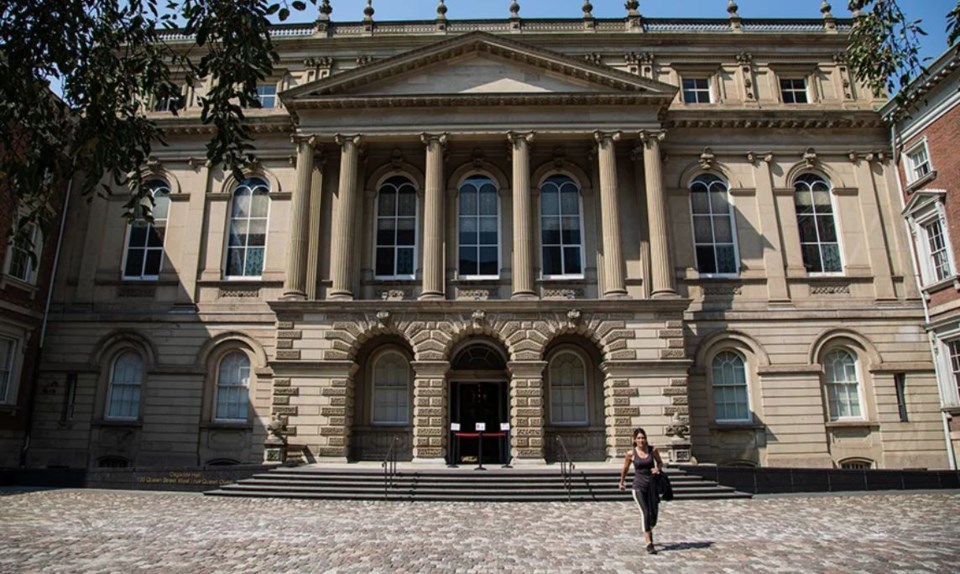THUNDER BAY — Two men sentenced to lengthy prison terms after being found in a drug-trafficking '"safe house" on the north side of the city have failed to persuade the Ontario Court of Appeal to overturn their convictions.
Adrian Myles Puentes-Reed of Hamilton, and Khalid Yousuf of Edmonton, were sentenced to nine years and eight years in prison respectively by a Thunder Bay judge after being convicted in 2023 on charges of possession of cocaine and other drugs for trafficking, possession of the proceeds of crime (over $500,000 in cash) and possession of prohibited and restricted firearms.
At the trial, a police expert testified how drug dealers from out of town are taking over various residences in Thunder Bay in two ways – using one as a trap house where drugs are sold to customers, and another as a safe house where drugs and money can be safely stored.
The defendants had been arrested by police in June 2018, after a landlord reported seeing firearms in plain view when he went to make some repairs at a property on Ruttan Street.
Both accused were asleep in the house when officers arrived and discovered drugs, drug paraphernalia, cash and guns within the premises.
The key issue in the original trial was whether the two occupants of the residence were in possession of these items.
Puentes-Reed maintained he had come to Thunder Bay only to build a hip-hop studio, that he didn't reside in the house, and that he and Yousuf had been taken to the home in a drug-induced state by a 17-year-old youth who sold drugs.
Superior Court Justice Bruce Fitzpatrick deemed his testimony to be not credible, pointing to compelling evidence to the contrary, such as his passport being stored in a dresser drawer, as well as numerous other signs of habitation.
Yousuf declined to testify but relied on the evidence of Puentes-Reed as to how he ended up in the safe house.
Yousuf appealed the guilty verdict on the basis it was unreasonable, while Puentes-Reed alleged errors arising from "misapprehensions of evidence."
He argued on appeal that the trial judge failed to give proper consideration to the fact two other individuals – including the 17-year-old – could have been in actual control of the house and its contents.
However, citing a Supreme Court of Canada ruling in another case, the appeal court concluded Judge Fitzpatrick's verdict "was not reached illogically or irrationally and was entirely supported by the evidence."
Yousuf maintained there was insufficient evidence to prove anything except that he was found in a residence containing a significant amount of contraband.
The Court of Appeal, again, found the trial judge's reasons demonstrate "his correct legal approach to the question of control" of the safe house, noting Yousuf's presence was only part of the reason the judge found he was involved in drug trafficking from that location.
"As the trial judge carefully explained...this house served one purpose and one purpose only: it was a safe house, bursting at the seams with contraband covering many different genres. That is the context in which Mr. Yousuf was found sleeping with only one other person in the home. It is on this basis that the trial judge arrived at his conclusion that Mr. Yousuf was also in constructive possession."
Both appeals were dismissed in a ruling released on June 18.
